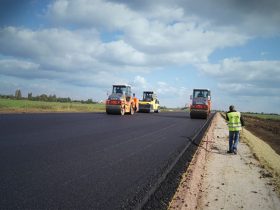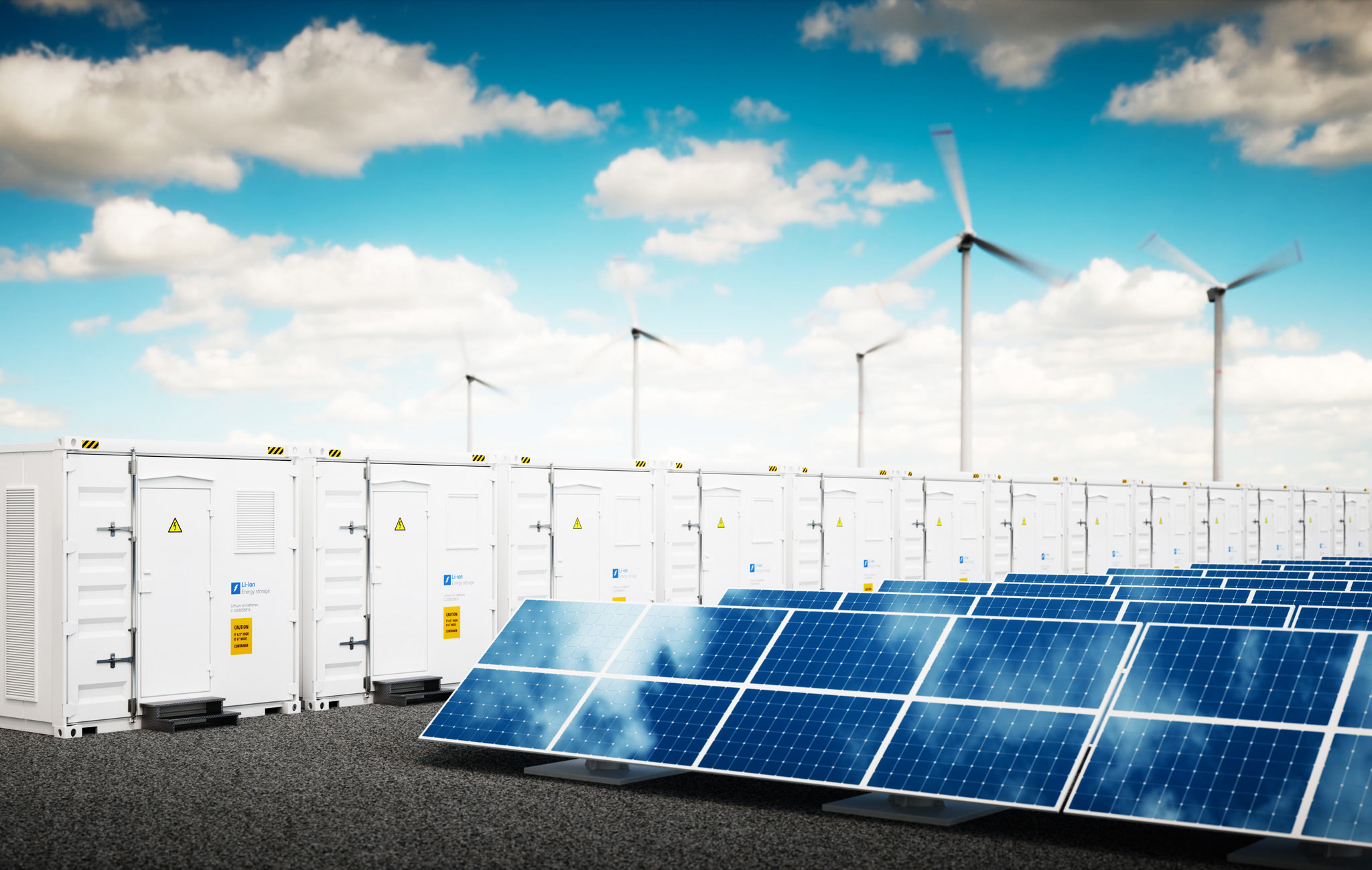Efficient waste management is crucial for maintaining cleanliness, sustainability, and environmental responsibility in residential developments. As populations grow and urban areas expand, the need for effective waste disposal strategies becomes increasingly pressing. Residential dumpster rental services and thoughtful land subdivision development play pivotal roles in achieving these goals, ensuring that communities can thrive while minimizing their ecological footprint.
The Importance of Proper Waste Management
In the realm of residential developments, the management of waste goes beyond mere cleanliness—it impacts community health, environmental sustainability, and regulatory compliance. Effective waste management strategies not only enhance the quality of life for residents but also contribute to the overall attractiveness and sustainability of the neighborhood.
Residential Dumpster Rental Services
Professional residential dumpster rental services are essential components of modern waste management strategies. These services provide convenient and centralized collection points for various types of waste generated within residential communities. Unlike individual waste disposal methods, such as curbside pickup or private collection bins, dumpsters streamline the process and ensure that waste is managed efficiently and responsibly.
Dumpsters are strategically placed within residential developments to maximize accessibility and convenience for residents. They accommodate a wide range of waste materials, including household garbage, recyclables, yard waste, and bulk items. This centralized approach not only simplifies waste disposal for residents but also promotes proper sorting and recycling practices, contributing to environmental conservation efforts.
Integration with Land Subdivision Development
Effective waste management begins with thoughtful Land Sub division development. During the initial planning stages of residential projects, developers and urban planners must consider waste management infrastructure as a fundamental aspect of community design. This includes identifying suitable locations for dumpster placement, designing efficient waste collection routes, and integrating sustainable waste disposal practices into the overall development plan.
Land subdivision development plays a crucial role in shaping the waste management framework of residential communities. By incorporating designated areas for dumpsters and recycling facilities, developers can ensure that waste disposal is both practical and environmentally responsible. Thoughtful planning also includes implementing measures to minimize waste generation through sustainable building practices and promoting resident education on waste reduction and recycling initiatives.
Environmental Benefits of Efficient Waste Management
Efficient waste management practices not only contribute to community cleanliness but also yield significant environmental benefits. Proper waste disposal reduces the risk of pollution, protects local ecosystems, and conserves natural resources. By promoting recycling and composting programs within residential developments, communities can decrease landfill waste and reduce greenhouse gas emissions associated with waste decomposition.
Residential dumpster rental services facilitate the proper disposal of construction debris, household waste, and other materials, diverting recyclable and reusable items away from landfills. This proactive approach aligns with global sustainability goals and supports efforts to create greener, more resilient communities. Additionally, integrating waste management strategies into land subdivision development fosters a culture of environmental stewardship among residents, promoting long-term sustainability practices.
Technological Advancements in Waste Management
The evolution of waste management technologies has revolutionized how residential communities handle their waste. Innovations such as smart waste bins, automated collection systems, and digital tracking platforms have enhanced efficiency, transparency, and accountability in waste disposal operations. These technologies streamline waste collection processes, optimize route planning, and enable real-time monitoring of waste volumes and disposal patterns.
Smart waste management solutions leverage data analytics and IoT (Internet of Things) technology to improve operational efficiency and reduce environmental impact. Residential developments can benefit from these advancements by implementing smart waste bins that alert collection services when bins are full, optimizing collection routes to minimize fuel consumption, and empowering residents with digital tools to track their waste production and recycling efforts.











